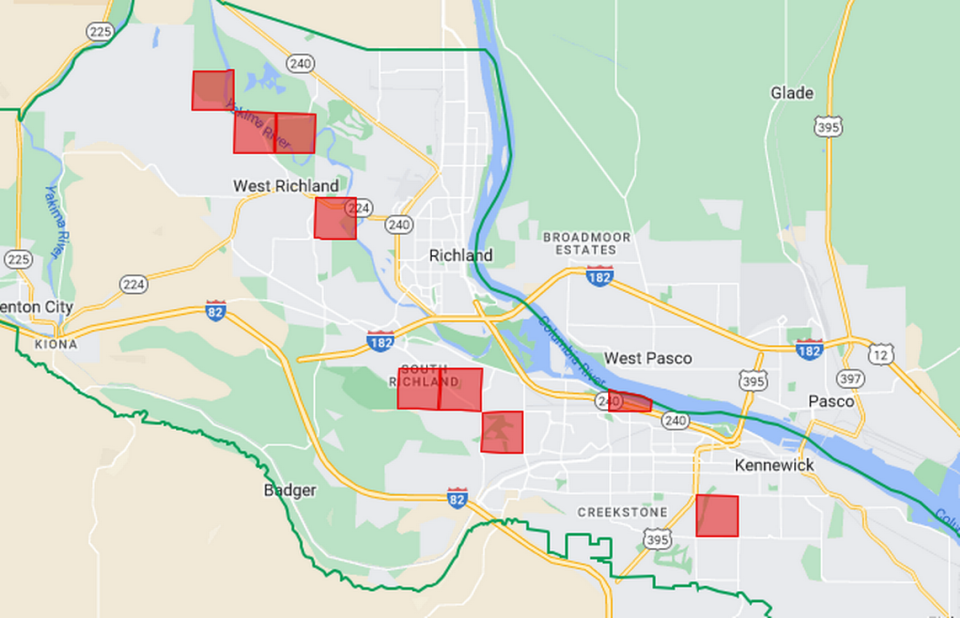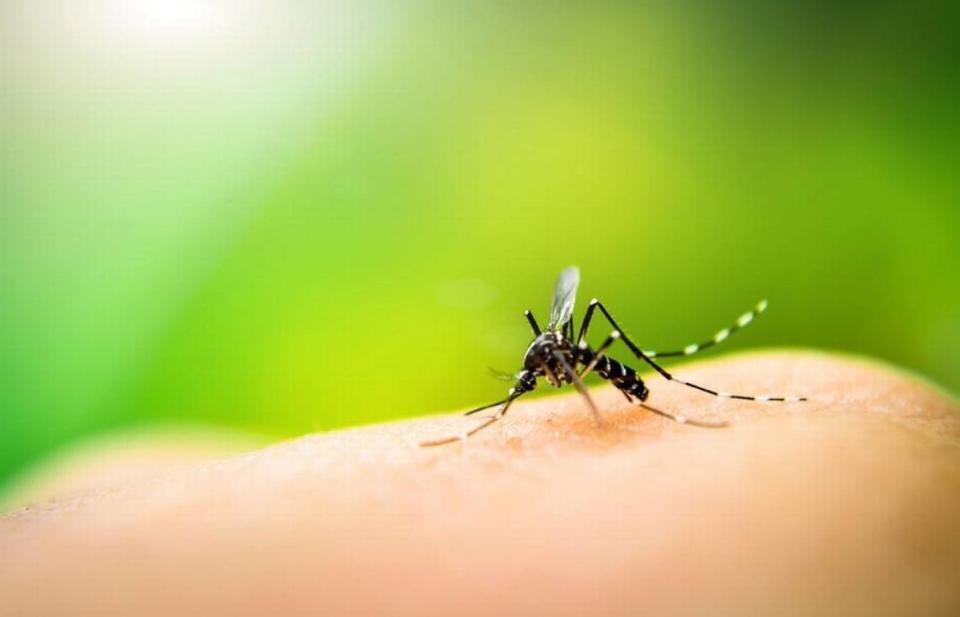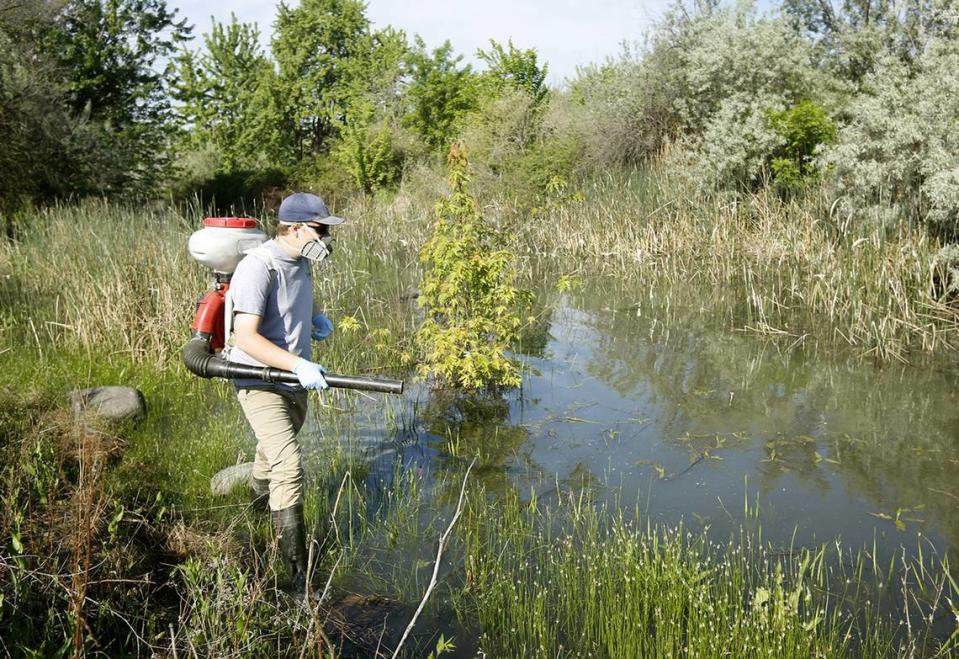West Nile virus detected in 3 Eastern WA towns. Worst year since 2009, say officials
The Benton County area is having its worst year for West Nile virus since 2009, says the Benton County Mosquito Control District.
On Tuesday it said that it had now trapped mosquitoes in 20 locations in Benton and eastern Yakima counties. Eight of those locations had their first infected mosquitoes found last week.
The Franklin County Mosquito Control District also has been trapping mosquitoes and has found no West Nile virus so far this year.
But the district expects that some positive mosquitoes will be found by the end of the season.
Mosquitoes infected with the virus have been found only in three Washington state counties so far this year — Benton, Grant and Yakima counties, all east of the Cascade Mountains.
The Washington state Department of Health also tracks cases in people, birds and horses, with no cases reported so far this year.

Infected mosquitoes have been found this year in two areas of Kennewick. They include a portion in or near Columbia Park in the area of North Edison Street and also an area between 10th Avenue and West 27th Avenue that includes the Zintel Canyon Greenway and the neighborhoods to the east.
In Richland infected mosquitoes were found most recently in the area of the Meadow Springs Country Club and Claybell Park or the neighborhoods just to the east.
They are in addition to infected mosquitoes in south Richland south of Hills West between Safeway and the Badger Mountain Trailhead.
In West Richland infected mosquitoes have been found in three areas. They include areas along the Yakima River, including to the north and south of Bridge Road, and in the area of Twin Bridges Road.
The third area in West Richland is to the southeast, including areas to the east and west of South 38th Avenue.
Because many mosquito traps are on private property, the Benton District releases neighborhoods where infected mosquitoes were trapped rather than exact addresses.
Other locations where infected mosquitoes were found in the district are at least a mile west of Prosser and near Grandview, Mabton and Sunnyside.
Preventing West Nile virus
The Benton County Mosquito Control District is urging caution to prevent mosquito bites and advising the use of mosquito repellents approved by the Environmental Protection Agency. Approved ingredients include DEET, picaridin, PMD, IR3535 or oil of lemon eucalyptus.
“The use of a personal repellent is an individual decision. However, a repellent is the best line of personal defense against mosquito bites and potential virus exposure,” says Kevin Shoemaker, assistant manager of the district.

The district also recommends these steps to prevent mosquito bites and reduce habitats that help mosquitoes thrive:
▪ If possible, avoid areas that you know have mosquitoes and stay indoors at dawn and dusk when mosquitoes are the most active.
▪ Wear loose fitting, long sleeve shirts and pants and a hat.
▪ Make sure door and window screens are in good condition without any holes or gaps.
▪ Dump out standing water at least once a week to limit the development of mosquitoes. Sources of standing water may include tires, buckets, planters, toys, pools, birdbaths, animal troughs, trash containers and roof gutters.
▪ Fix leaky outdoor faucets and sprinklers.
The district will continue to treat bodies of water for mosquitoes that are too immature to fly and do evening spraying as warranted, including from the air.
How serious is West Nile virus?
Most people infected with West Nile virus will not feel sick, according to the Benton Franklin Health District.
About one in five people who are infected with the virus will develop a fever and other symptoms such as a headache or body aches.
However, West Nile virus infection can be serious in one out of 150 cases. It can cause encephalitis or inflammation of the brain; meningitis or inflammation of the membranes that surround the brain and spinal cord; or other complications, including permanent neurological effects or death.

People with certain medical conditions that affect the immune system — such as cancer, diabetes, hypertension or kidney disease — are at greater risk for serious illness, according to the health district.
The last known cases of people sick enough be hospitalized were in 2021. A horse and an alpaca also were infected that year.
The last death reported from the virus in the Tri-Cities was a woman in her 70s in 2016.
West Nile virus primarily causes infections in birds. It can spread to people and other mammals, including horses, through the bite of a mosquito infected by feeding on a bird.
Horses can be vaccinated against the virus, but no vaccine or treatment is available for people, according to the Centers for Disease Control and Prevention.
The Benton County Mosquito Control District has 14 species of mosquitoes, two of which are known to potentially transmit West Nile virus.

